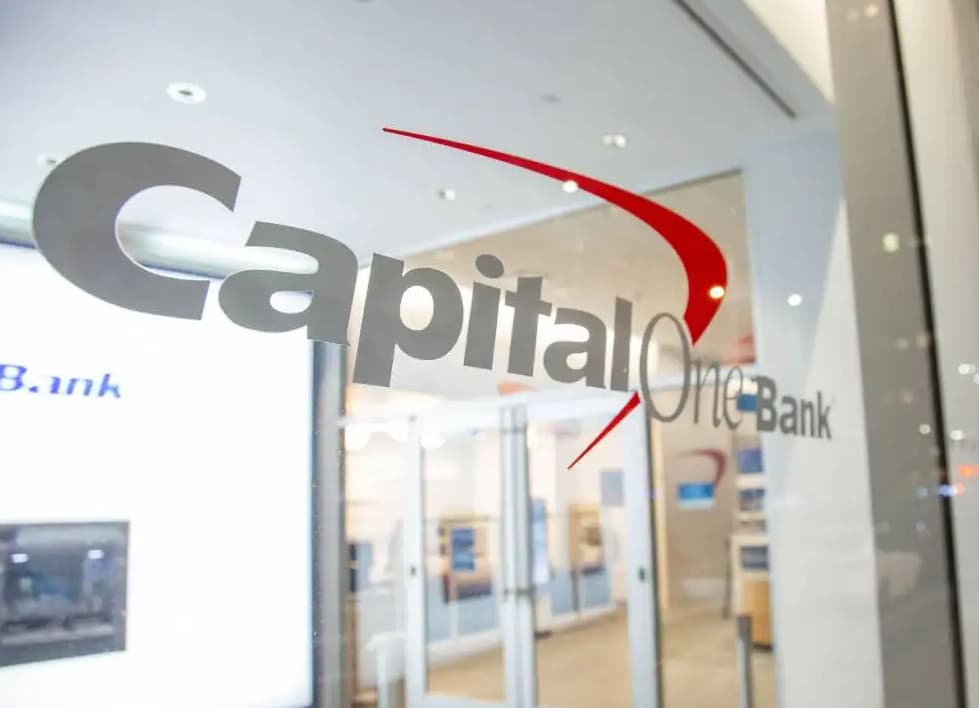Big news for Capital One customers! In 2024, the bank agreed to pay $16 million to settle a lawsuit about some tricky fees. If you had a Capital One account between 2015 and 2022, you might get some money back.
Here’s what happened: Capital One was charging extra fees called “representment fees.” These fees came up when you tried to pay for something but didn’t have enough money.
The bank would say no at first, but if you got more money later and the payment went through, they’d charge you again. People thought this wasn’t fair, so they took Capital One to court.
Now, Capital One has agreed to make things right. They’re giving money back to people who paid these fees. But not everyone will get money – you need to meet certain rules to qualify.
Capital One Lawsuit 2024: Settlement Details and Eligibility

In this article, we’ll explain:
- What these fees were all about
- Who can get money from the settlement
- How much you might get
- When you’ll get paid
- How to avoid fees like this in the future
Let’s dive in and make sense of this big bank news!
What Are Representment Fees?
Imagine you try to buy something, but you don’t have enough money in your account. The bank says, “Sorry, you can’t do that.” But then, a few days later, you get some money and the payment goes through. Great, right? Well, not so fast.
Capital One was charging extra fees when this happened. They called these “representment fees.” Here’s why people got mad:
- The bank already charged a fee when the payment didn’t go through the first time.
- Then, they charged another fee when it did go through later.
- People felt this wasn’t fair because they ended up paying twice for one payment.
The lawsuit said Capital One shouldn’t charge this second fee. After all, the payment did go through in the end, so why charge extra?
Settlement Details
Now, let’s talk about how Capital One decided to fix this problem.
Settlement Amount
Capital One agreed to pay a big chunk of money to settle this lawsuit. How much? A whopping $16 million! That’s a lot of zeros.
This money is meant to pay back people who were charged these extra fees. The settlement covers fees charged from September 1, 2015, to January 12, 2022. That’s over six years of fees!
Distribution of Settlement
So, how will they split up this $16 million? Here’s the deal:
- Everyone eligible will get a chance to claim some money.
- The amount each person gets depends on how many people file claims.
- It also depends on how many extra fees each person pays.
Think of it like a big pie. The more people who want a slice, the smaller each slice gets. But if fewer people ask for a slice, each person gets more.
Eligibility Criteria
Now, the big question: Who can get this money? You might be eligible if:
- You had a Capital One account between September 1, 2015, and January 12, 2022.
- Capital One charged you re-presentment fees on checks or online payments (ACH transactions).
- These payments eventually went through successfully.
If you’re nodding your head to all of these, you might be in luck!
Payment Timeline
Let’s talk about when you might see this money.
Claims and Payout
The lawsuit was settled in June 2024. Here’s what that means for payouts:
- Eligible people had a chance to file claims.
- The deadline for filing claims has likely passed by now.
- If you filed a claim and were approved, you should get your money around June 2024.
Keep an eye on your bank account and mail. The money might show up as a deposit or a check in the mail.
Monitoring for Fees
Even though this lawsuit is over, it’s a good idea to keep watching your account. Here’s why:
- Banks sometimes make mistakes.
- If you see a fee that looks wrong, speak up!
- Call Capital One and explain what happened. They might take the fee off.
Remember, it’s your money. Don’t be shy about asking questions if something doesn’t look right.
Differentiating Lawsuits
Now, here’s where things might get a bit confusing. Capital One had another big problem a few years ago. Let’s make sure we’re not mixing things up.
Representment Fee Lawsuit vs. Data Breach Lawsuit
Capital One has been in hot water more than once. Here’s how to tell these two big issues apart:
- Representment Fee Lawsuit (This one)
- About: Unfair fees on payments
- Settled: June 2024
- Amount: $16 million
- Data Breach Lawsuit
- About: Hackers stole people’s info
- Settled: 2022
- What you get: Free identity protection until 2028
If you were part of the data breach, you can still get free identity protection. But that’s a different thing from this fee lawsuit.
Tips to Avoid Future Fees
Let’s talk about how to keep your money safe from fees like this in the future. Here are some easy tips:
- Keep enough money in your account
- Try to always have a little extra in there, just in case.
- Set up alerts to tell you when your balance is low.
- Check your account often
- Look at your bank statement every month.
- Use online banking to check even more often.
- Talk to your bank
- If you see a fee you don’t understand, ask about it.
- Sometimes banks will remove fees if you explain what happened.
- Know your bank’s rules
- Read about what fees your bank charges.
- Ask questions if something isn’t clear.
- Use overdraft protection
- This can link your checking account to a savings account.
- If you don’t have enough money, it pulls from savings instead of charging a fee.
Remember, banks are providing a service. It’s okay to ask questions and make sure you’re being treated fairly.
FAQs:
Let’s answer some common questions about this lawsuit:
- What are representment fees?
Representment fees are extra charges banks sometimes add when a payment doesn’t go through the first time but does later.
- How much was the settlement amount in the Capital One lawsuit?
Capital One agreed to pay $16 million to settle the lawsuit.
- Who is eligible for the settlement?
People who had Capital One accounts between September 1, 2015, and January 12, 2022, and were charged representment fees on payments that later went through.
- When will the settlement payments be distributed?
Payments are expected to go out around June 2024.
- How can I avoid representment fees in the future?
Keep enough money in your account, check your balance often, and talk to your bank if you see fees you don’t understand.
Conclusion:
The Capital One lawsuit of 2024 shines a light on how important it is to understand bank fees. It shows that sometimes, even big banks can make mistakes or have unfair practices.
Here’s what we learned:
- Capital One was charging extra fees on payments that didn’t go through at first but did later.
- They’re paying $16 million to make up for it.
- If you had a Capital One account and paid these fees, you might get some money back.
- It’s super important to keep an eye on your bank account and speak up if something looks wrong.
Remember, your money is important. Don’t be afraid to ask questions or challenge fees you don’t understand. This lawsuit shows that when people speak up, things can change.
Even if you weren’t part of this lawsuit, use it as a reminder to stay on top of your finances. Check your accounts, read the fine print, and don’t be shy about talking to your bank. Your wallet will thank you!
Also Check:
- Kennedy Funding Lawsuit
- The White Oak Global Advisors Lawsuit
- BlueFire Wilderness Lawsuit
- Eminence Organic Skin Care Lawsuit
- Paul Mackoul MD Lawsuit



